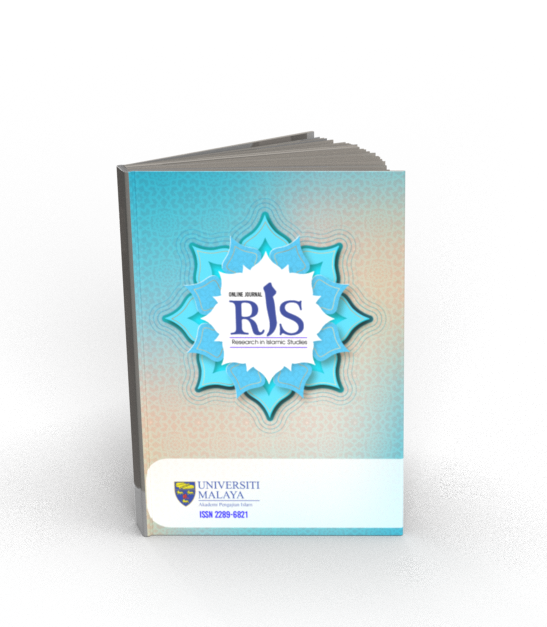Main Article Content
Abstract
Interfaith marriage is not a new issue among Muslims. Yet, it has not been fully addressed due to differences in scholarly views. As a result of intermingling of Muslims with non-Muslims, interfaith marriages are difficult to avoid, which if not controlled, may lead to such marriages taking place against the true teachings of Islam. This study was a comparative study of the following three contexts: the background of interfaith marriages in Malaysia and Indonesia; haram and conditional fatwas between the fatwas of the National Council for Islamic Affairs of Malaysia and the Indonesian Ulema Council from the perspective of maqasid shariah and finally, the influence of both fatwas on the practice of interfaith marriages in Malaysia and Indonesia. Data collection was done through documentation and comparative methods, while data analysis was through descriptive qualitative methods using maqasid shariah as the main yardstick. The results of this study showed that fatwa of the Indonesian Ulema Council is more in conformity with maqasid al-shariah from the point of view of preserving religion and lineage compared to the fatwa of the National Council of Malaysia, which allows conditional interfaith marriages, as in the kitabiah descendants of Prophet Yaqub AS. Hence, from the implementation outlook, the fatwa of the National Council of Malaysia is more effective. The acts and laws regulating interfaith marriages in Malaysia are based on specific legal provisions while there are no rulings from the Indonesian Ulema Council. It is hoped that with the fatwa on interfaith marriage, lineage and Islam under al-kulliyyat al-khams for generations of Muslims in Malaysia and Indonesia, will be preserved and the strength of Muslims in various fields will be revitalised.
Keywords
Article Details
Copyright (c) 2023 Online Journal of Research in Islamic Studies

This work is licensed under a Creative Commons Attribution-NonCommercial-ShareAlike 4.0 International License.
Copyright Notice
By submitting manuscripts to the Online Journal of Research in Islamic Studies (RIS), authors agree to transfer copyright to the journal. However, authors may republish their work or grant others permission to republish it; in which case it should be accompanied by a proper acknowledgment that the work was originally published in the Online Journal of Research in Islamic Studies (RIS). The journal adopt CC-BY-NC licence which authors may also share and distribute their article anywhere of non-commercial website, social media and repositories immediately on publication.
Authors may also reuse the Abstract and Citation information (e.g. Title, Author name, Publication dates) of their article anywhere at any time including social media such as Facebook, blogs and Twitter, providing that where possible a link is included back to the article on the journal site.
